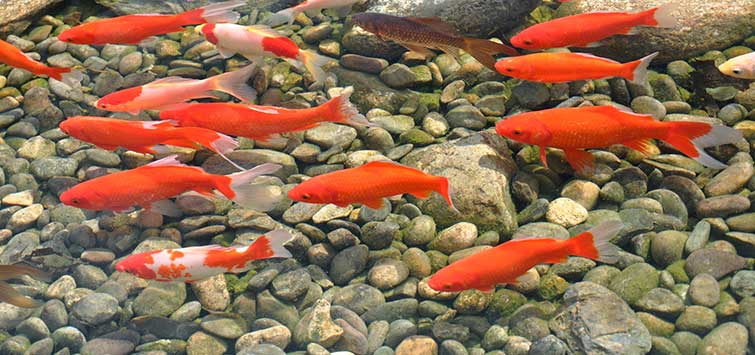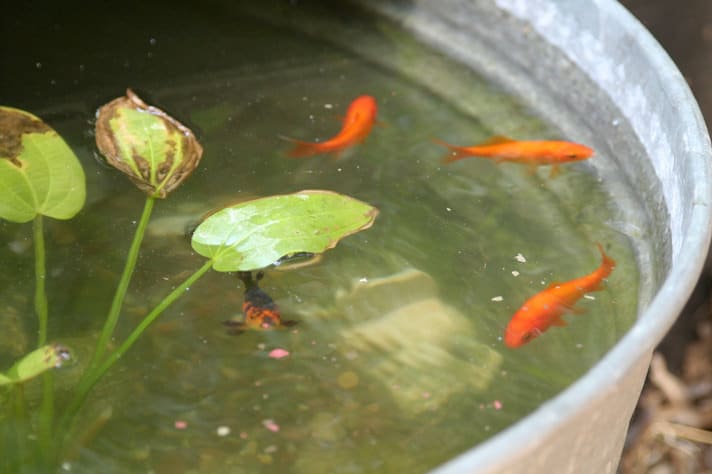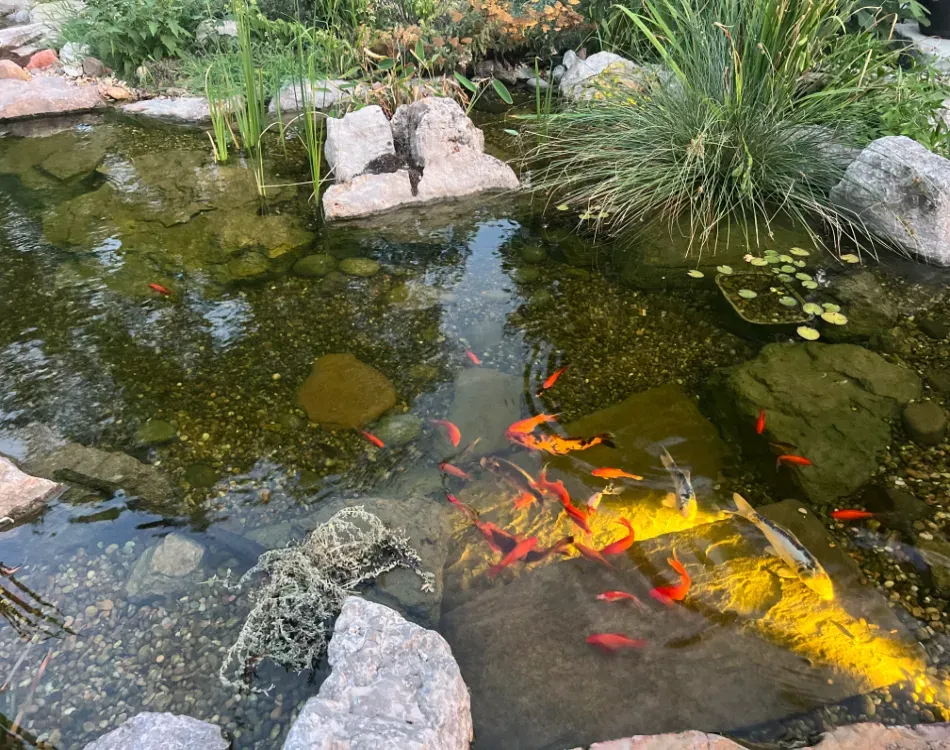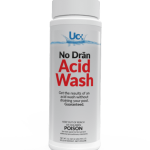Goldfish are a popular choice for pond owners due to their vibrant colors and playful nature. However, before adding goldfish to your pond, there are a few factors to consider to ensure the health and well-being of the fish.
Benefits of Adding Goldfish to Your Pond
Goldfish can bring life and vibrancy to your pond, creating a visually appealing and dynamic aquatic environment. They are also relatively easy to care for and can help keep your pond clean by consuming algae and insect larvae.

Credit: www.tfhmagazine.com
Factors to Consider Before Adding Goldfish
1. Pond Size: Ensure that your pond is large enough to accommodate the goldfish comfortably. A general rule of thumb is to allow for at least 10 gallons of water per inch of goldfish.
2. Water Quality: Goldfish thrive in clean, well-oxygenated water. Make sure your pond has adequate filtration and aeration to maintain optimal water quality.
3. Predators: Consider the presence of predators such as birds, raccoons, or other wildlife that may pose a threat to the goldfish in your pond. Adding protective measures like netting can help deter predators.
4. Temperature: Goldfish are cold-water fish and prefer water temperatures between 65-75°F. Ensure that your pond does not experience extreme temperature fluctuations that could stress the fish.

Credit: be.chewy.com
Types of Goldfish for Ponds
There are several types of goldfish that are well-suited for pond environments. Common varieties include:
| Goldfish Variety | Description |
|---|---|
| Common Goldfish | Hardy and adaptable, ideal for beginners. |
| Comet Goldfish | Long-tailed and graceful, adds beauty to ponds. |
| Shubunkin Goldfish | Calico-colored with attractive patterns. |
Caring for Goldfish in Your Pond
Once you have added goldfish to your pond, it is essential to provide proper care to ensure their health and longevity. Here are some tips for caring for goldfish in your pond:
- Monitor Water Quality: Regularly test the water parameters and maintain appropriate levels of pH, ammonia, and nitrites.
- Feed Properly: Offer a balanced diet of high-quality fish food and avoid overfeeding, which can lead to water quality issues.
- Provide Shelter: Include plants, rocks, and other structures in your pond to offer hiding spots and shelter for the goldfish.
- Observe Behavior: Watch for any signs of illness or distress in the goldfish, such as changes in appetite, lethargy, or abnormal swimming patterns.
Conclusion
In conclusion, goldfish can make a beautiful and lively addition to your pond if the necessary considerations are taken into account. By ensuring proper pond size, water quality, protection from predators, and suitable goldfish varieties, you can create a thriving aquatic ecosystem that both you and your goldfish will enjoy.
Remember to provide proper care and attention to your goldfish to promote their health and well-being in the pond environment. With the right conditions and care, goldfish can flourish and enhance the beauty of your outdoor space.





